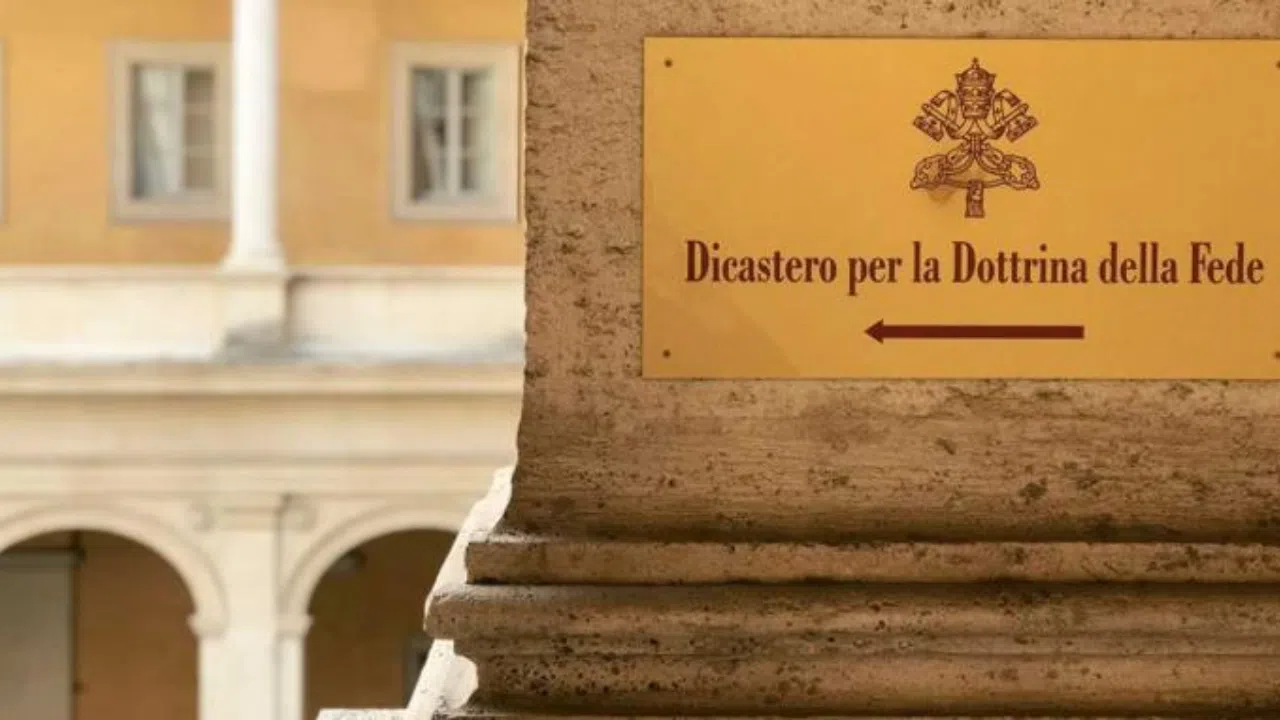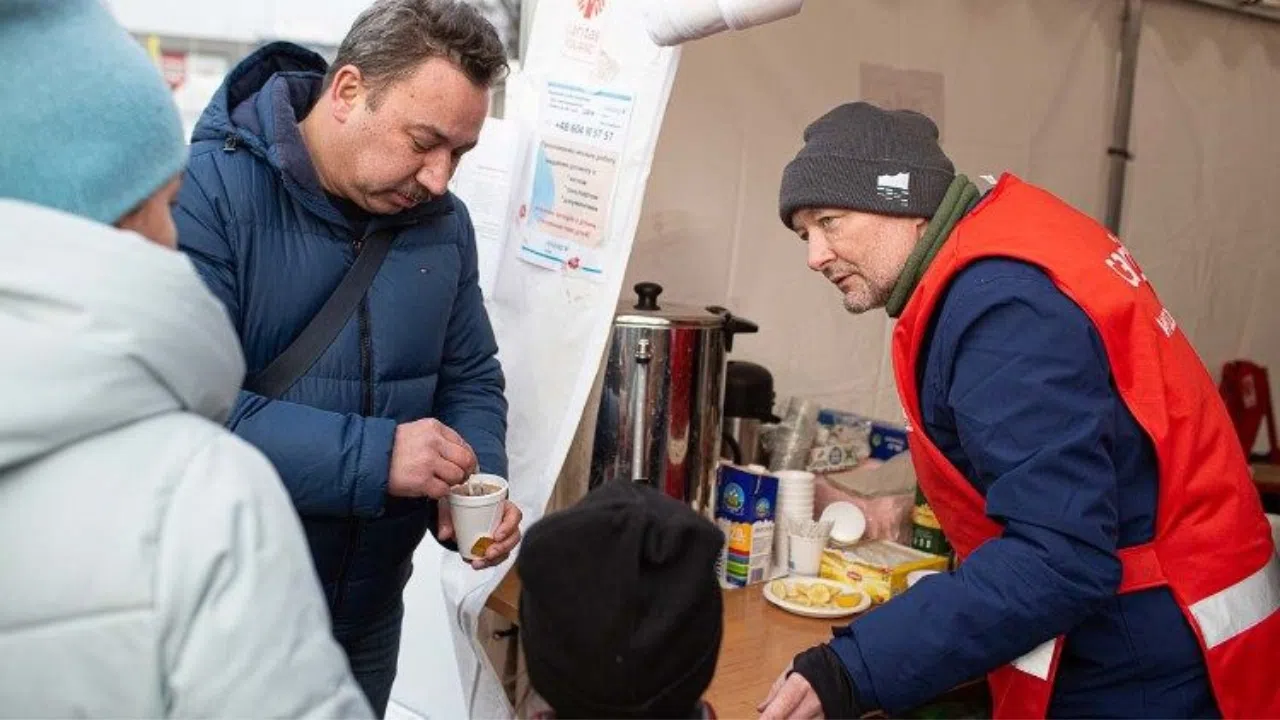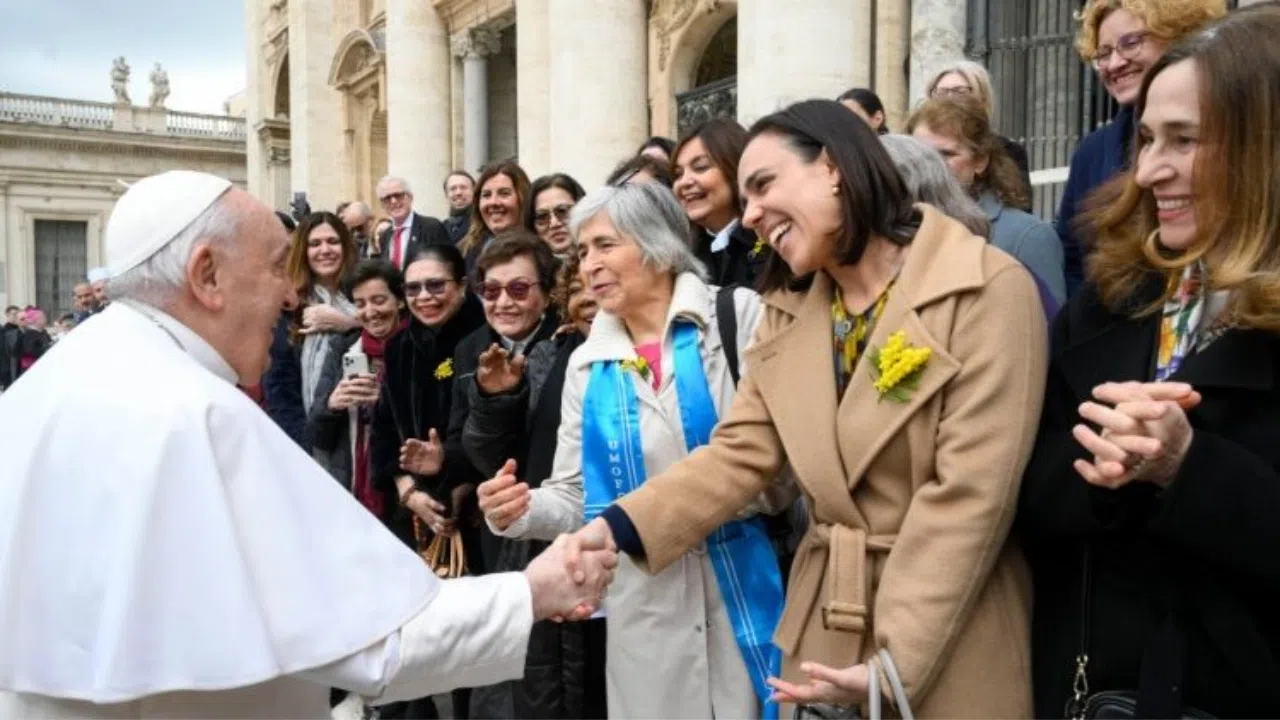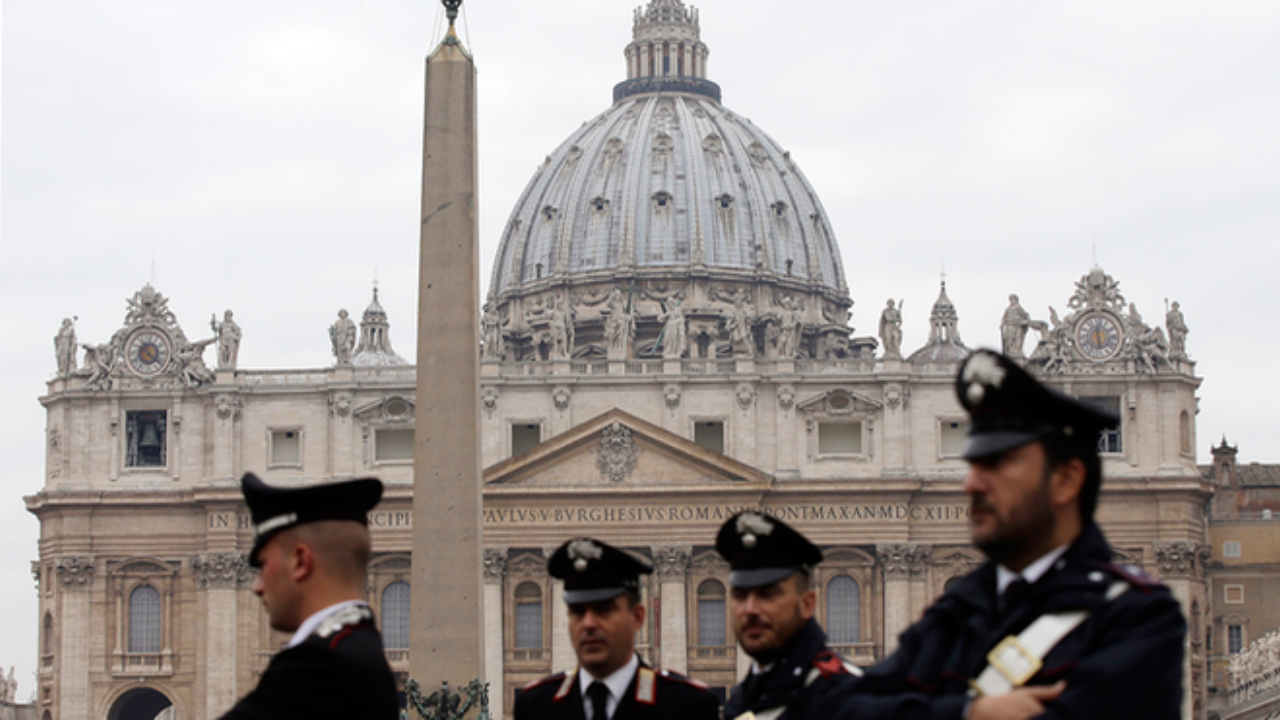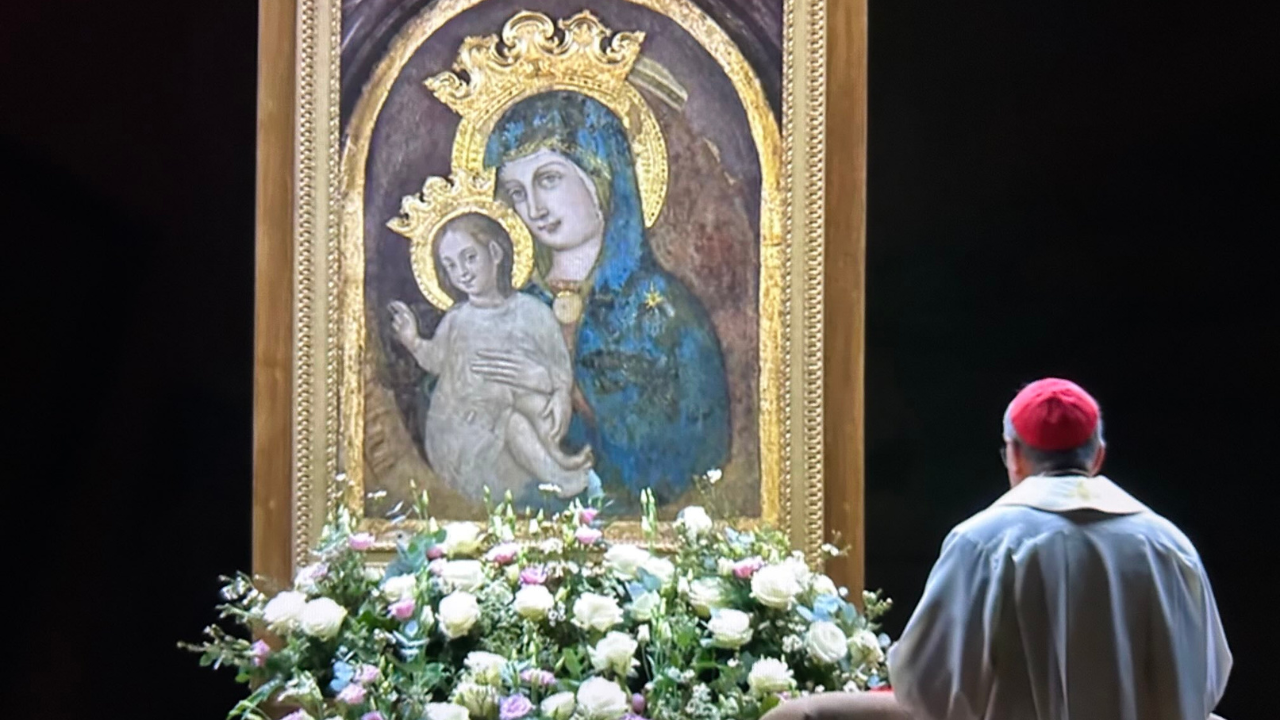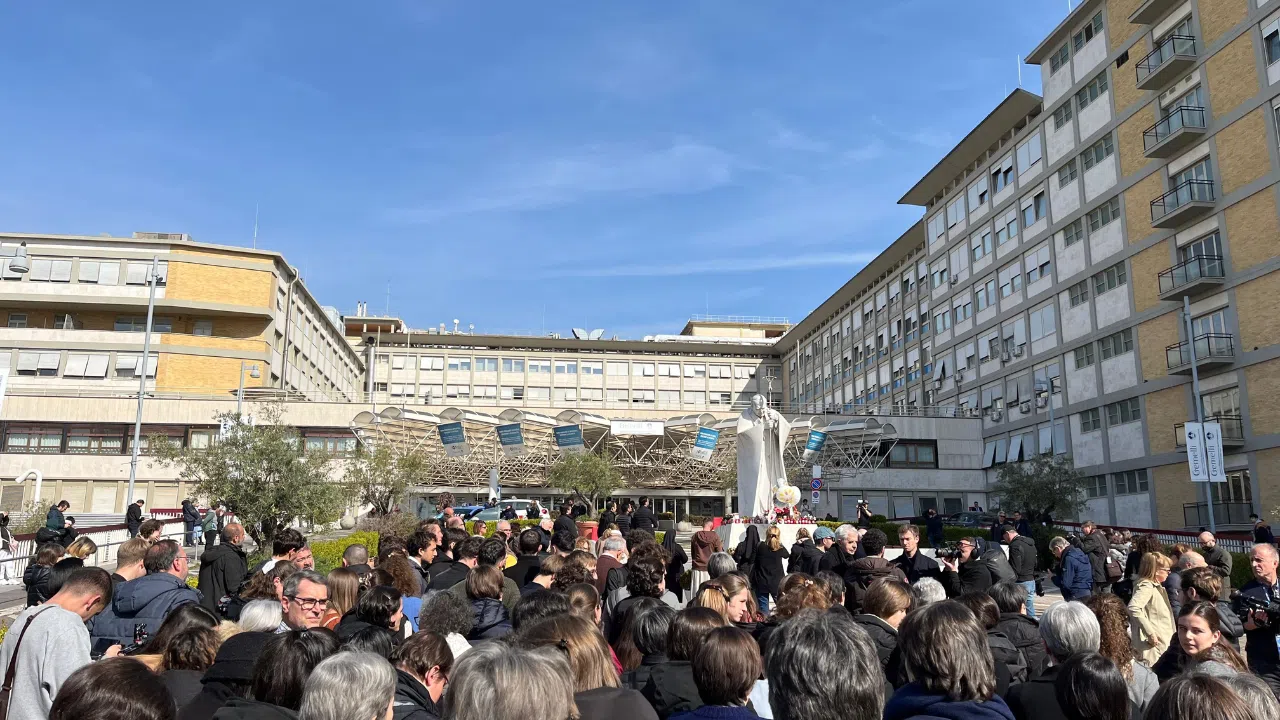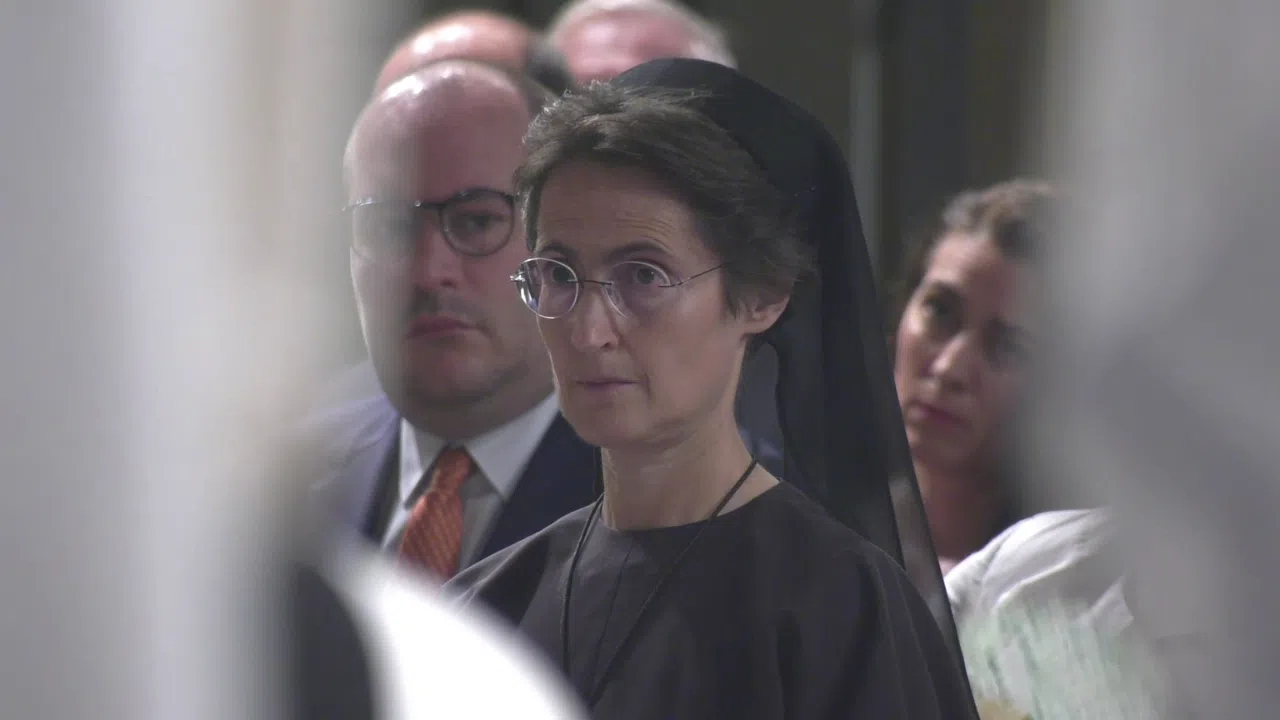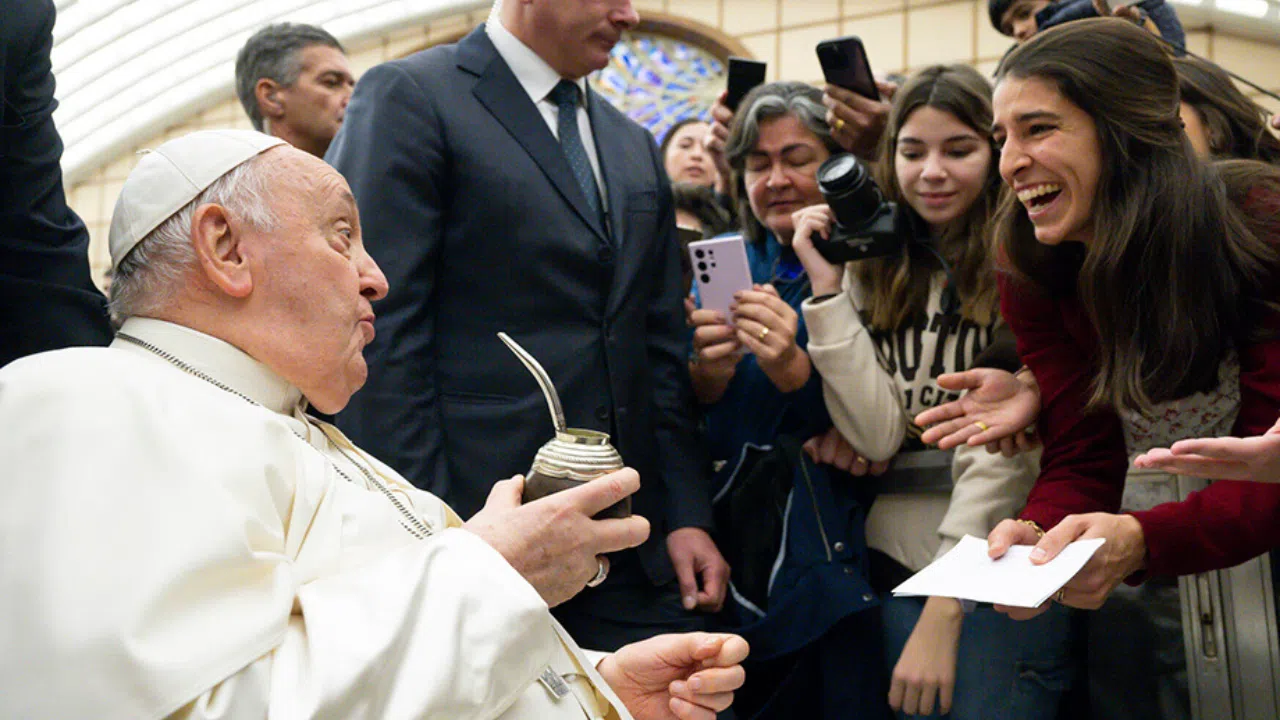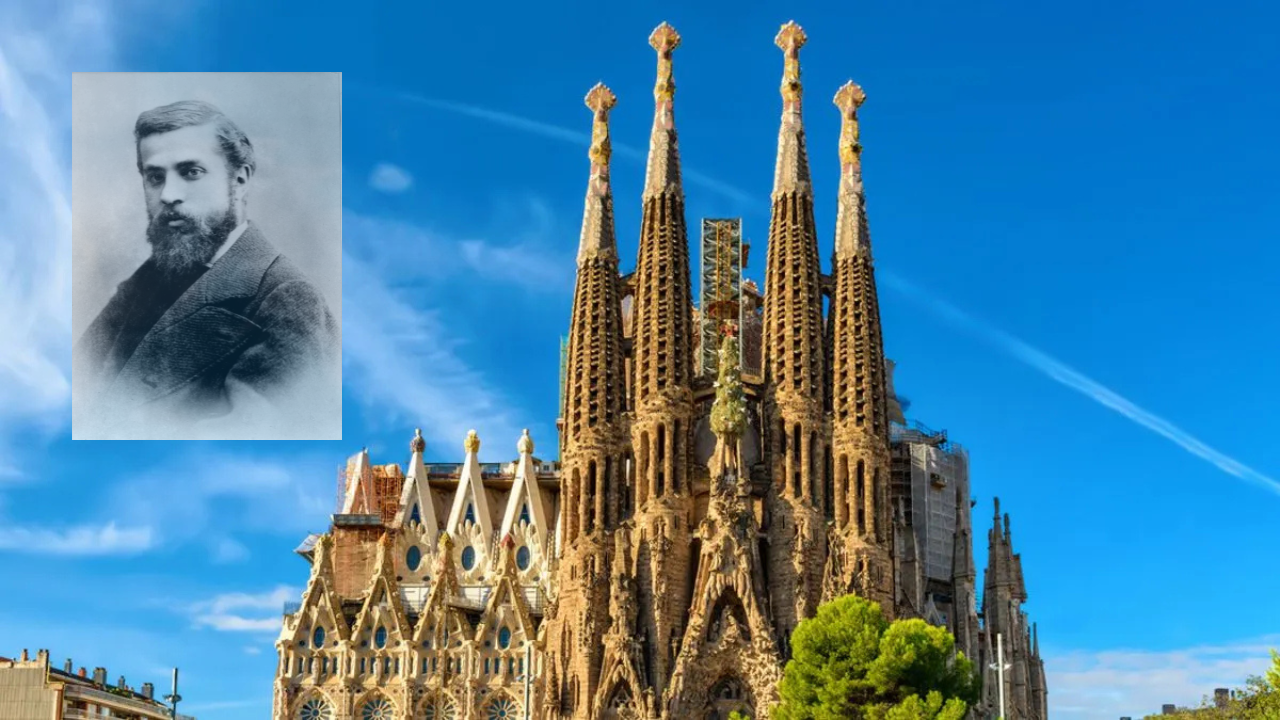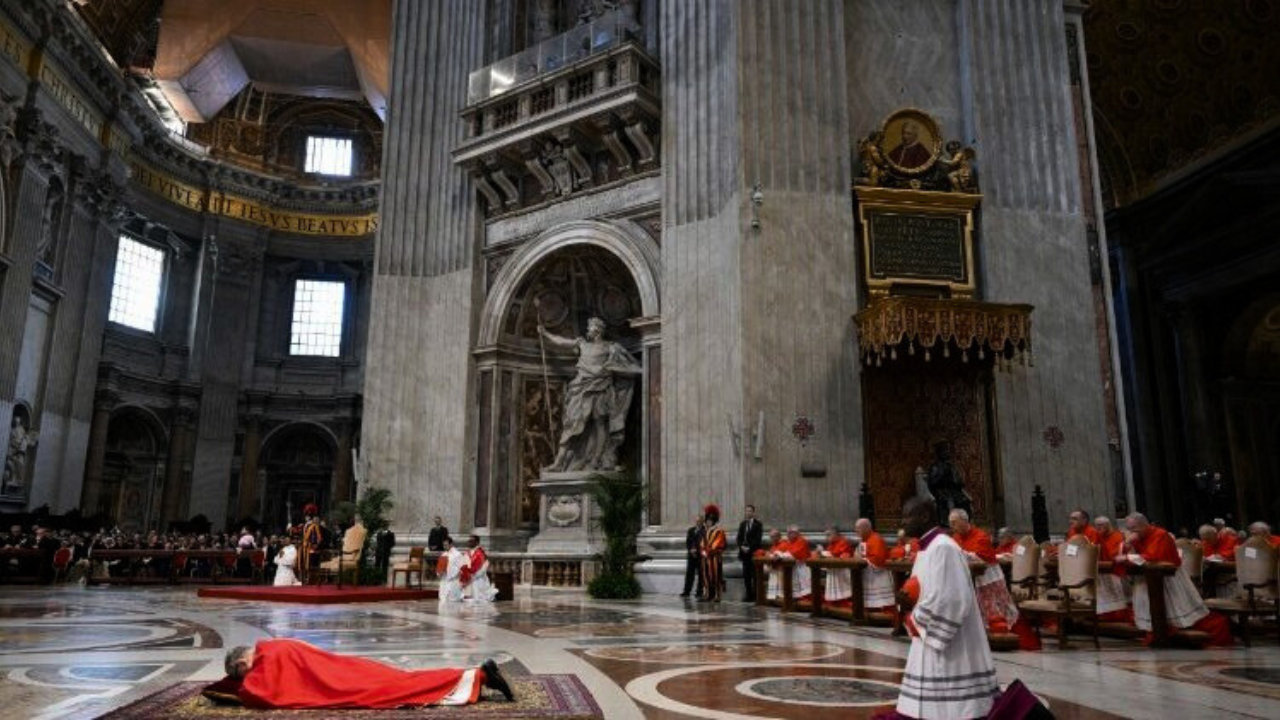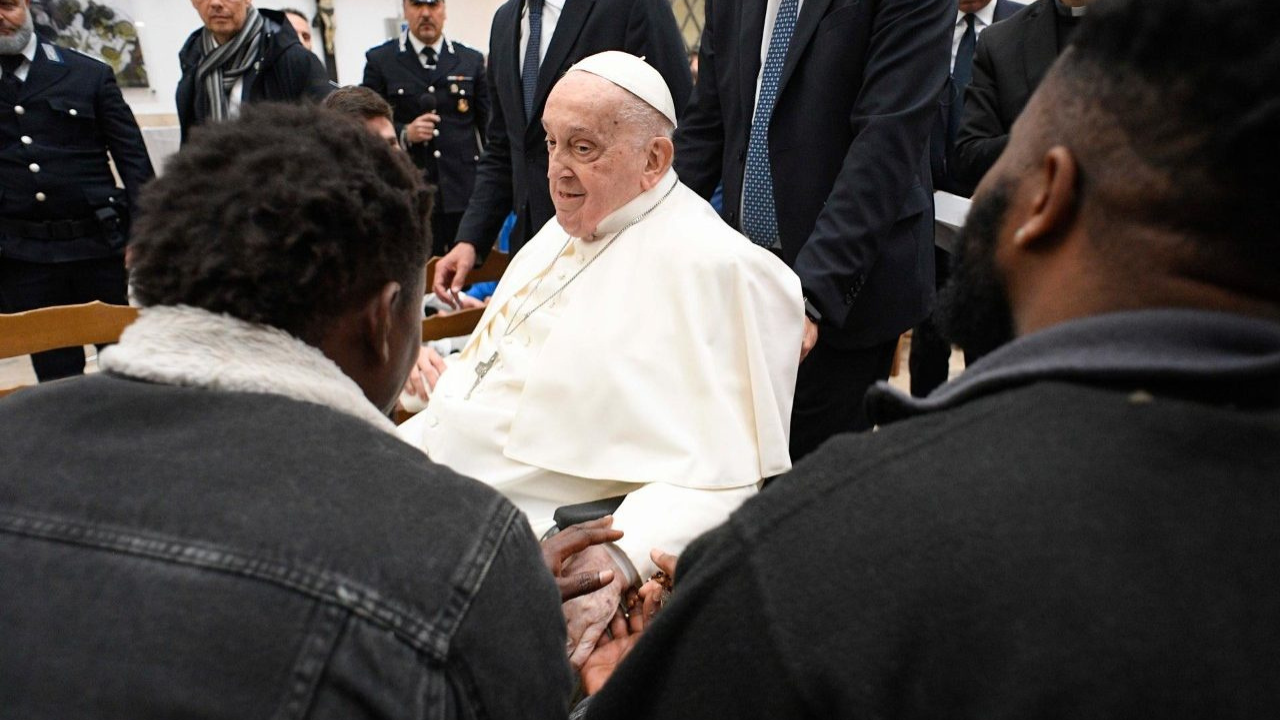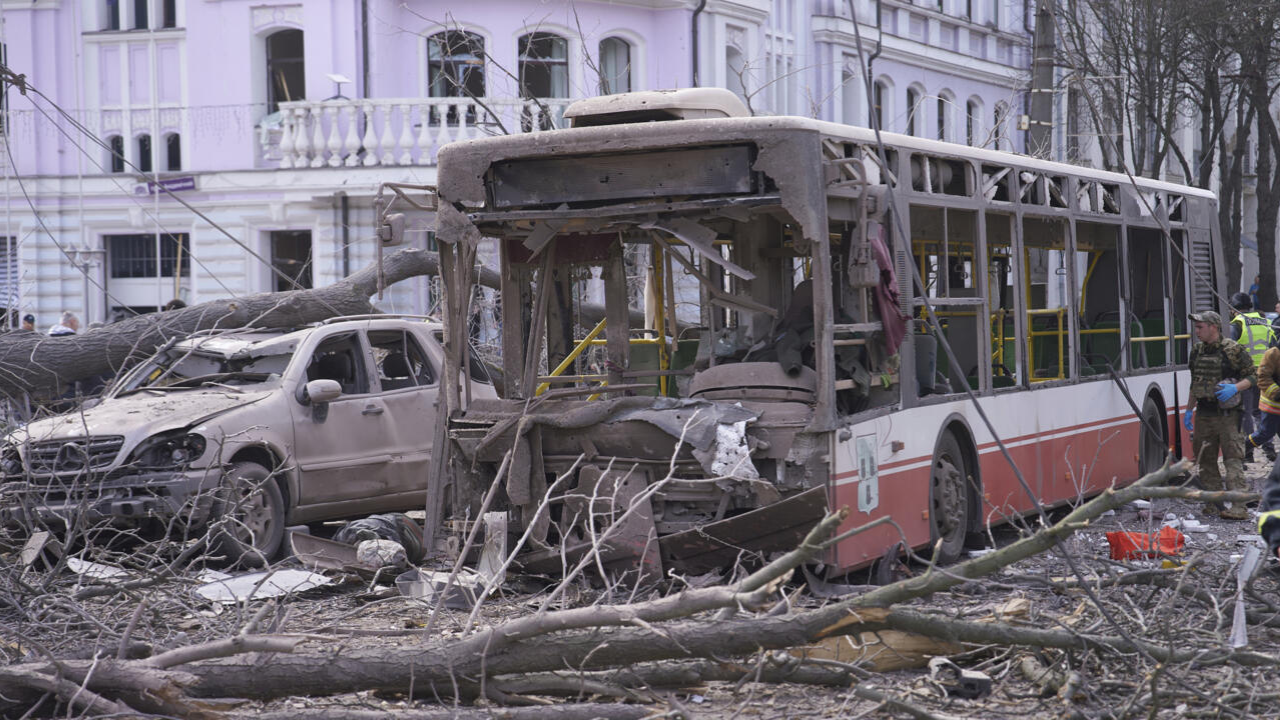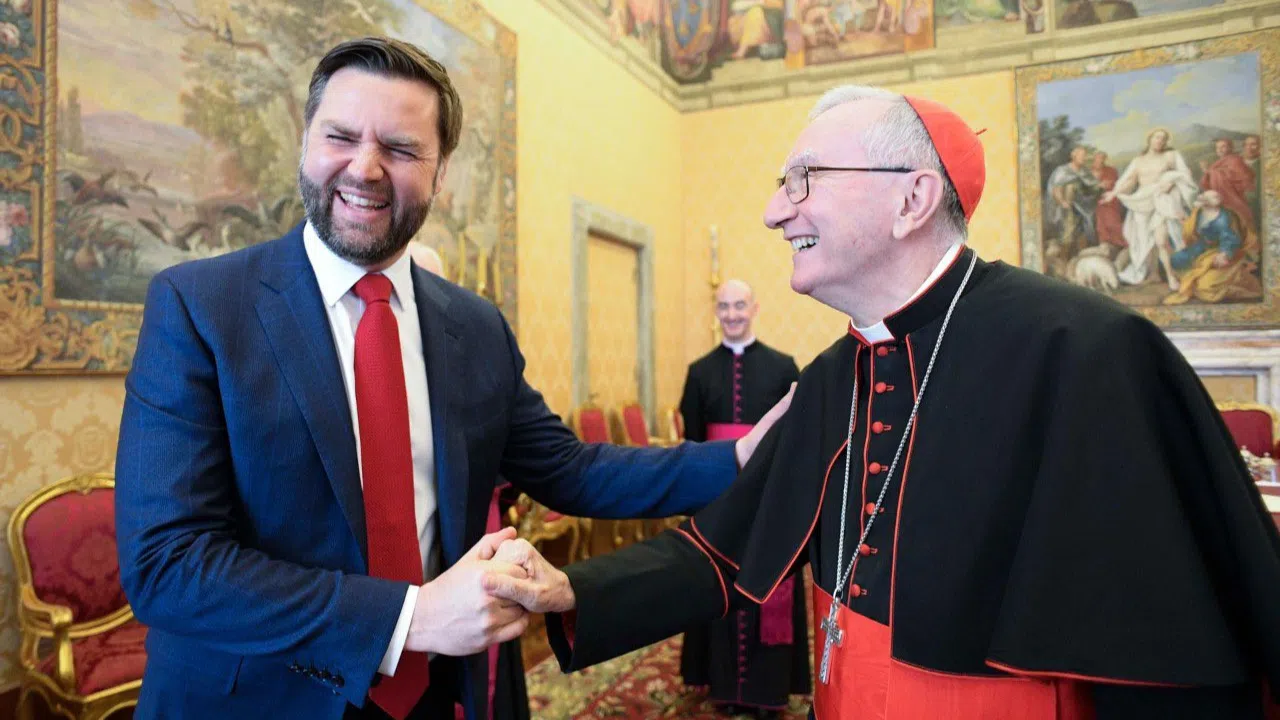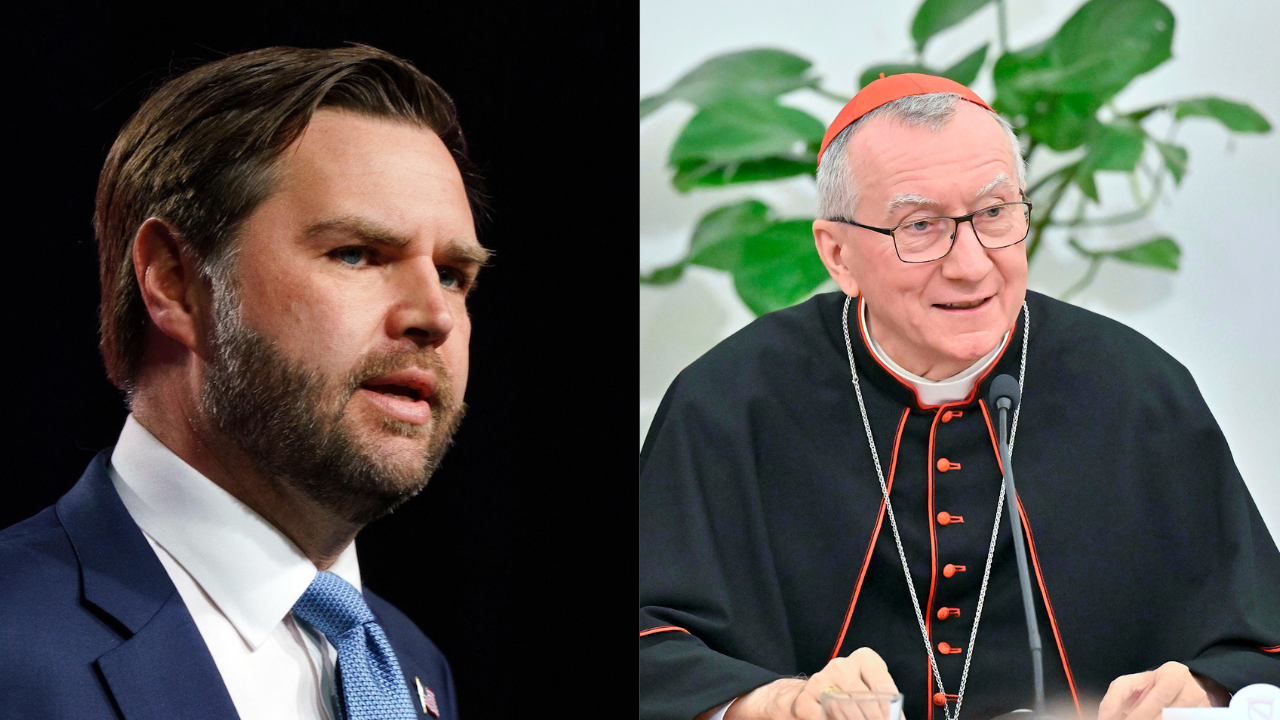The Synod on Synodality has reached its halfway point. The more than 360 participants have discussed many topics.
In small groups, they have been working on the priorities indicated in the Instrumentum laboris, which are based on three main points: communion, mission and participation.
The participants shared experiences and reflections—such as that of the president of the National Council of Brazilian Laity, who is a social worker and works with the most needy on a daily basis.
She emphasized the importance of reaching out to the peripheries and the necessity of a strong formation for members of the Church—not only of the religious, but also of the laity.
SONIA GOMES DE OLIVEIRA
President, National Council of Brazilian Laity
There are many places of pain, of suffering, where the presence of the Church is important. Often we do not have so many priests and bishops, lay and religious women and men willing, many because they do not know the richness of going down or going out to the peripheries, others because they do not believe that it is the role of the Church to be there. It is urgent to form lay people, deacons, religious, priests, bishops so that they can be there, as a living witness of the Church. Belonging to the Church of Jesus means assuming the path he took.
Speaking about mission, the General Rapporteur of the Synod raised a series of questions to begin the dialogue. He reflected on the dignity of all the baptized and their role, specifically that of non-priests.
CARD. JEAN-CLAUDE HOLLERICH
General Rapporteur of the Synod
Most of us are men. But men and women receive the same baptism and the same Spirit. I have never read anywhere that the baptism of women would be inferior to the baptism of men. How can we ensure that women feel they are an integral part of this missionary Church? Do we, the men, perceive the diversity and the richness of the gifts the Holy Spirit has given to women?
Mother Angelini also spoke about the role of women during the assembly. She highlighted the capacity demonstrated by women to evangelize in environments where men do not reach.
While speaking about mission, the role of new technologies and social networks was also highlighted. In fact, Sr. Xiskya, who has a large number of followers, noted that digital mission became an important element of the Synod in 2021, when 15 digital missionaries were invited to the continental assemblies.
SR. XISKYA VALLADARES
Digital missionary
If many of the missionaries have been evangelizing in the networks for a long time, they have done it on their own initiative—very few with institutional support and with scarce resources. But for this listening project, it was necessary to get together and create spaces, that is, a network among the missionaries that would allow us to meet and discern together.
Also during these days, the first vote of the
participants of the Synod to constitute the Synthesis Commission took place. This commission will be in charge of supervising the preparation of the final document of this stage, although not of the definitive draft.
The members of this commission are elected by the assembly by vote, taking into account the geographical area of the members. There are also others chosen by pontifical appointment, that is, by the Pope. Of those elected by the assembly, there are no laypeople or women, although the Pope has appointed Patricia Murray, Secretary General of the International Union of Superiors General, to this committee.
CA
TR: AT


